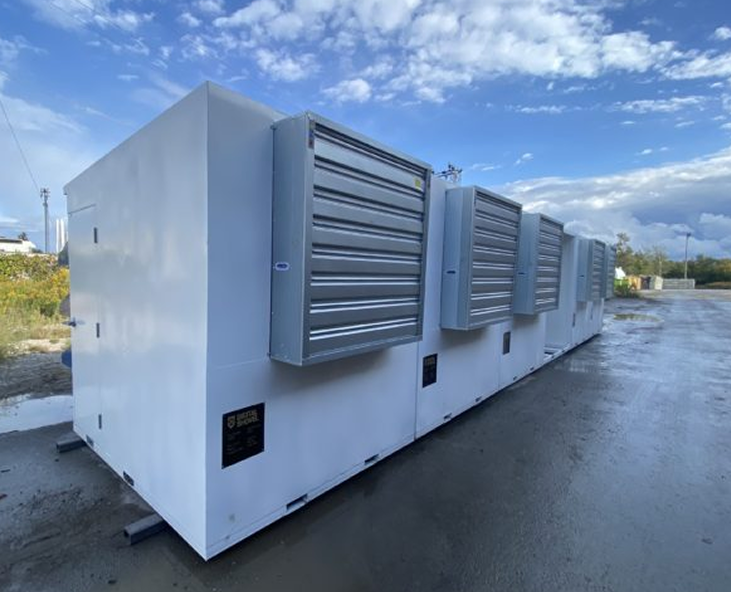Why Choose Us
- Access to 500+ Hosting Colocation Facilities
- 10% OFF Avg. Annual Savings
- Trusted service since 2004

Get Free Quotes From Providers
Describe your needs and and we’ll email you 3-5 options with pricing and terms from providers that match. Free.
True No Cost Referral Service
We only include reliable providers in our database, and our consulting service is entirely free. Our recommendations are customized to your specific needs, such as location, budget, and power requirements. We connect you with qualified providers for pricing and additional information within hours.
Get a QuoteHow It Works

Share your specific needs (e.g., power, location, etc.).


Multiple qualified providers will connect with you directly. You decide on which option is best for organization. There is no obligation.
Powering Your Growth with Proven Colocation Providers

Top Solutions for 20 Years
For over 20 years, I’ve been committed to researching the market and connecting my clients with the best solutions in an industry often crowded with shady companies and large corporations that frequently fail to deliver quality service.

Easily compare market prices / service options
Save $$ (avg. client saves 10%)
Access qualified and hard-to-find providers





Colocation Hosting
Connect with Trusted and TOP RANKED colocation providers tailored to your requirements. Per U, racks, cabinets, private cages and high-density colocation options are available.
Mining Hosting
We have 30+ hosting providers in our database to fit your individual needs. Prices starts from $0.06 KWH all-in (US-based).
Mining Equipment Farms
Mining farms for sale / lease. We list existing mining businesses and land with cheap power for sale on our site. Buy and lease location options vary, but most are in USA and Canada, and they typically offer a three to five-year purchase pre-established purchase power agreement (PPA) and electric substation access.
Mining Equipment Containers
Containers. Our marketplace offers a variety of air or immersion cooling mining containers for sale. Fully equipped air vent containers range from 10 to 40 feet in length and house up to 700 ASIC miners.
Miners / Bitcoin Mining Equipment
At your request, we’ll provide access to our constantly updated “Crypto Mining Marketplace database” featuring new and used miners, transformers as well as other mining equipment for sale.
Case Studies

Colocation

Bitcoin Mining Containers

Mining Hosting
Frequently Asked Questions
Are you the only company offering this kind of matching service?
Are you the only company offering this kind of matching service?
Yes — to the best of our knowledge, no other company currently offers a matching service quite like ours.
Why are some providers on your list so cheap?
Why are some providers on your list so cheap?
Often, it’s because they’re lesser-known companies that don’t spend heavily on marketing — not because they offer lower-quality service.
I hate sales calls. Will you call me after I submit my info?
I hate sales calls. Will you call me after I submit my info?
Nope. We’ll email you a list of providers and prices first. If you want to talk further, you can schedule a call at your convenience.
You’ll send me provider options — but what if I need help choosing?
You’ll send me provider options — but what if I need help choosing?
That’s what we’re here for. We’ll match you with top-ranked providers based on your specific needs — like location, budget, power capacity, and support preferences. Our service is free and no-obligation. And if you’d like, you can speak directly with Bob — he’s here to help you find the best fit.
Is it free to speak with Bob?
Is it free to speak with Bob?
Yes, absolutely.
If your service is free, how do you make money?
If your service is free, how do you make money?
We earn through partnerships with the providers we work with. Our goal is to save buyers time and money — and to help vendors avoid unqualified leads.






















